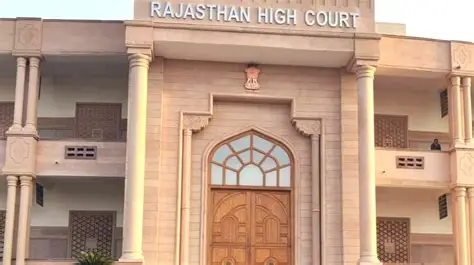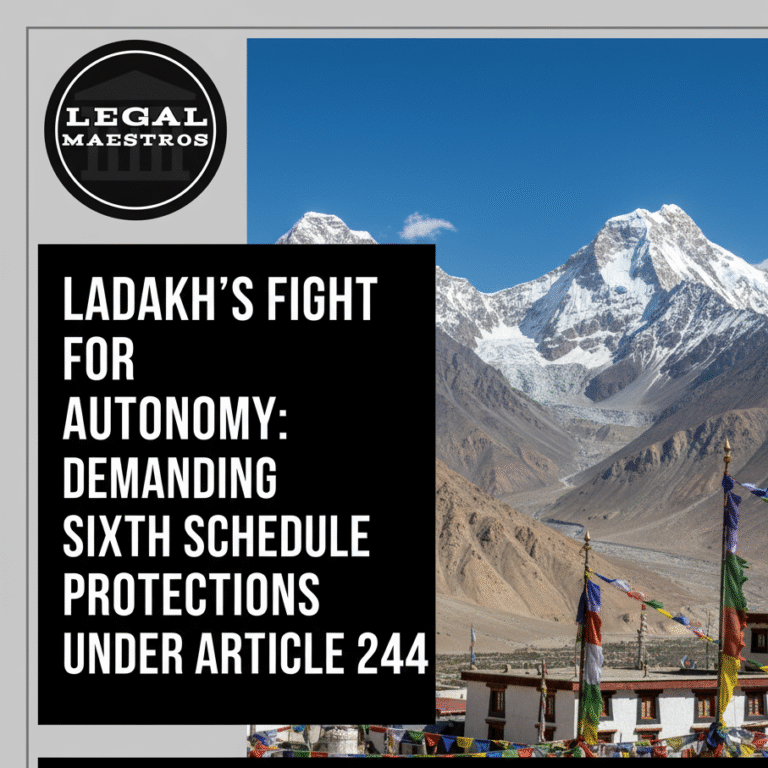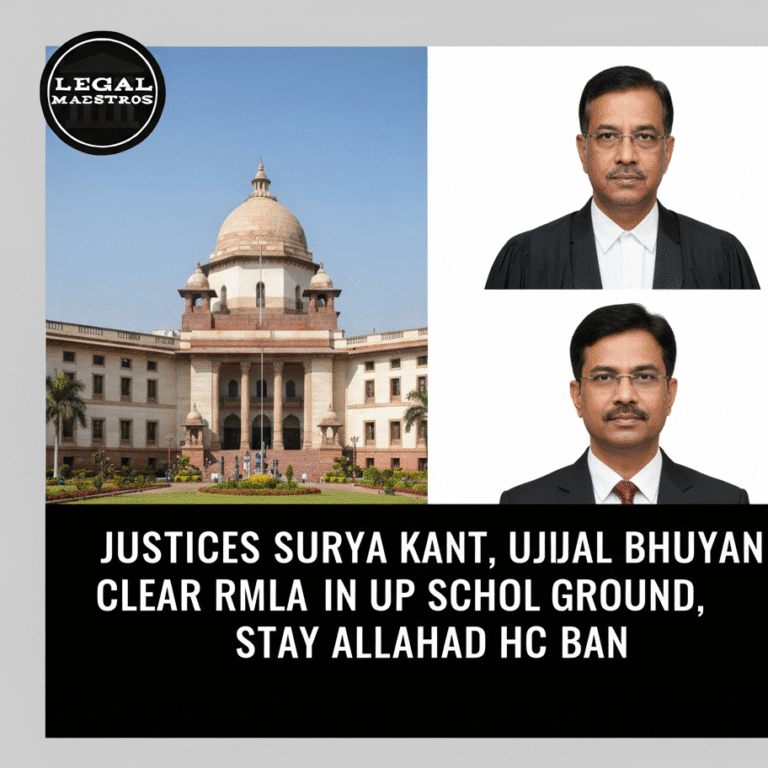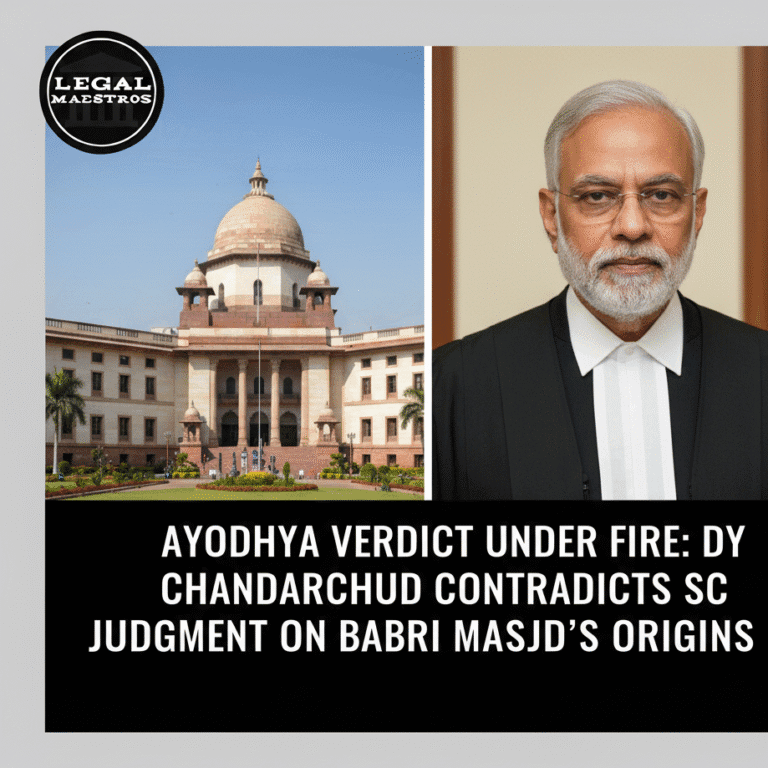
On July 1, 2025, the Rajasthan High Court—which was established by Justice Anoop Kumar Dhand—provide a important ruling stressing on the importance of court rulings as well as their legitimacy and legality. Comparing it to managing decrees like “and ridge,” which are subject to change at any time, the Court denounced the expanding practice of renewing concluded judgments. This blog examines the background, rationale, and broader implications of this important court decision.
The Rajasthan High Court was presented with a case concerning a plea contesting the dismissal of a plea to contest the petitioner’s employment as a Physical Training Instructor. The Court took into consideration how crucial clarity is to case outcomes as a result of the petitioner’s attempt to reopen and overturn a prior decision.
Justice Dhand’s statements were clear-cut:
“Judicial verdicts are not like sand dunes which are subject to the vagaries of wind and weather.”
This image remind us of the Court that rulings are meant to be last, unalterable and fixed rather than subject to repeated appeals or revisions. Court rulings are meant to be ultimate and unchangeable, and the court emphasized that they shouldn’t be arbitrarily rejected.
Legal Principles Underpinning Finality
Judicial resolutions are final because they are founded on several fundamental legal principles that ensures the legitimacy and integrity of the legal system. The concept of finalty, which is fundamental to the legal system, ensures that litigation eventually ends in order to accomplish this. In addition to providing closure for the parties involved, this certifies rigidity and uniformity in society. If this concept were not adhered to, the frequent reopening of cases would undermine court jurisdiction and undermine public confidence in the legal system.
The rule against bringing the same case against the same parties again is closely related to the res judicata doctrine. Except in infrequent and amazing situations like fraud or a jurisdictional fault, a competent court’s decision is final as soon as it is issued. This idea is required to shield litigants from ongoing legal ambiguity and needless court time spent on cases that have previously been resolved.
Under the Code of Civil Procedure, 1908, Section 114 and Order XLVII Rule 1 provide for the analysis of judgement on very specific grounds. Reviews are only permitted in the event that new and significant evidence is found, an error is evident from the record, or there are other compelling grounds. To protect the finality of rulings and prevent the judicial system from being abused for protracted litigation, a high bar of review is purposefully applied. When combined, these ideas improve the judicial system’s stability, efficacy, and confidence.
Why Finality Matters
Court reigning must be final in order for any legal system to be efficacious, and they finish a number of important goals. The first is that consistency and predictability are important to society as a whole because reliable court rulings are necessary for businesses, individuals, and government organizations to organize their operations and make wise judgments. The rule of law and the integrity of the legal system would be severely undermined if decisions were readily overturned or frequently challenged, which would cause a great deal of confusion and instability.
Finality also encourages judicial economy. Figuring conflicts and evading reopened cases might help courts avoid being sorrowful with repetitive litigation. By claiming that court assets be used for new, pending cases rather than being drained by constant trials of the same, this efficiency speeds up the administration of justice and lowers expenses for everyone.
Third, the public’s belief in the tribunal authority and the independence of its rulings. Parties and the general public feel more assured in the legal making and the courts’ authority when they believe that rulings are upheld and seldomly overturned. On the other hand, minor reversals of rulings would undermine the credibility of the judiciary and the integrity of the entire legal system.
The Court’s Critique of Litigant Behavior
The Rajasthan High Court strongly rebutted what it referred to as a “unhealthy trend” of parties continually attempting to re-open cases that have previously been settled. The Court noted that these types of attempts are often motivated more by displeasure with the outcomes than by legitimate legal rationales. If such practice goes unchecked, it has the potential to create a slippery slope whereby no judgment is ever truly final.
Consequences for Upcoming Cases
Subsequent legal cases can be substantially influenced by the firm stance of the Rajasthan High Court regarding the finality of court judgments. Most likely, one of the first effects will be a closer examination of review applications. These round robin would likely be survey more scrupulously by judges, making certain that only those that meet steal requirements are taken into account. Because of this increased attention to detail, judicial rulings continue to be stable and reliable, which is consistent with the Court’s explicit directive that its rulings not be capriciously cancel.
In addition, this ruling vigorously censures flippant and disturbing lawsuit. By stating that it would not be accepted to re- contend final judgments without a valid basis, the Court sends a understandable piece of information to both plaintiffs and legal professionals. Such conduct is becoming more widely acknowledge as an misuse of the legal system that hinder the well-organized administration of justice and places an indefensible load on the courts.
Maintain the Court’s rulings’ eventuality is crucial to respect judicial authority and preventing unjustified challenges. In addition to keep the respect of court rulings, honour the idea of finality increases public trust in the judiciary as a reliable and respectable institution. Putt off tenacious attempts to restart settled debate helps the court protect its honour as a cornerstone of the rule of law, which is obligatory for society to run evenly and orderly.
The significance of upholding judicial finality is demonstrated by these consequences taken together, which also show a judicial environment that encourages decisiveness, deters the misuse of legal remedies, and fortifies the administration of justice as a whole.
A timely reminder of the need of finality in judicial rulings is provided by the recent Rajasthan High judicial verdict. Legal rulings are not like shifting sand dunes in response to each upsurge in dissatisfaction. They work as the keystone of the rule of law. This ruling acts as a premonitory tale about the misapply of legal processes to unnecessarily prolong litigation and the application of the law.
It is important to keep in mind that the firmness and finality of decisions are importance for justice, order, and the smooth operation of society as the legal community considers this ruling.







